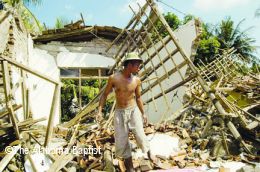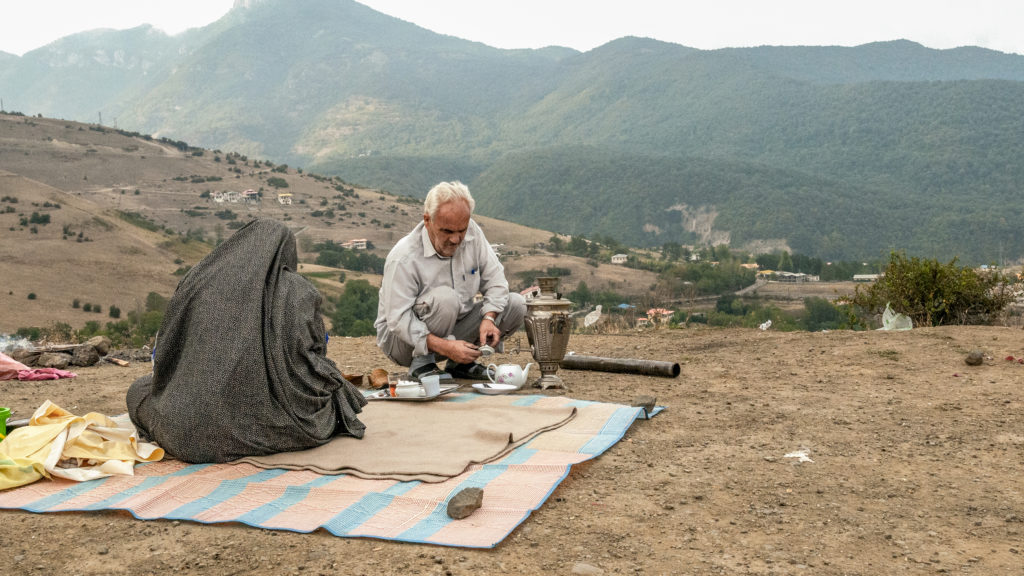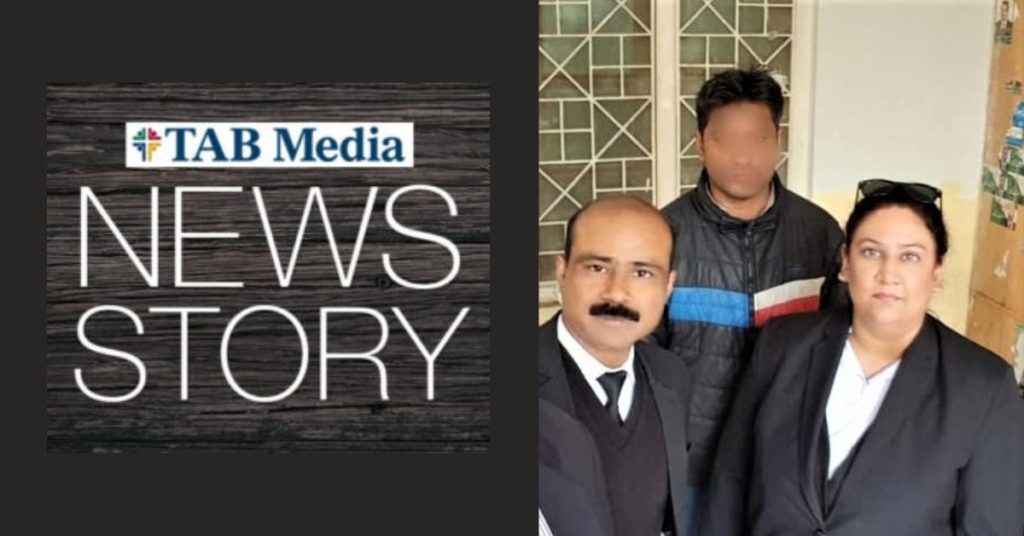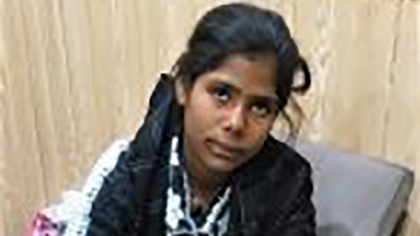Baptists are again responding to needs in Indonesia after a magnitude 6.3 earthquake rocked the island of Java. Hitting in the early morning hours of May 27, the quake devastated the areas of Bantul and Yogyakarta.
Medical workers with Baptist World Alliance (BWA) were among the first on the scene, treating the injured in Yogyakarta the day after the quake hit. The BWA workers were helping with a Baptist World Aid (BWAid) medical project on Indonesia’s Nias island — meeting needs from the 2004 tsunami.
Southern Baptist disaster relief specialists also arrived in Java within two days after the earthquake and immediately began feeding 500 survivors while assessing needs.
The specialists are using an initial $50,000 in Southern Baptist aid to provide food to outlying areas not yet reached by larger aid groups. This is enough to assist more than 5,400 families per day.
“A 30-day plan of action is now in place to provide food for a large portion of the affected population through 11 command centers scattered throughout the ruins of the area,” a Southern Baptist relief worker reported.
A six-member volunteer team sent by California Baptists’ disaster relief office was expected to arrive in the area June 4 to assist in food distribution and other needs.
The potential need for additional volunteers is being assessed as relief efforts continue.
“[W]e’re trying to determine what Southern Baptists need to be doing for the long term in this,” another Southern Baptist worker said. “We’re considering the timing and the actual need that will remain after the first responders have left the scene.”
The earthquake was responsible for more than 6,000 deaths at press time, according to the government’s Social Affairs Ministry and nearly 4,000 were injured. The government has declared a state of emergency to speed up relief efforts.
Experts have estimated that 24,800 homes have been damaged and more than 100,000 people have been left homeless.
Most of the dead are being found in Bantul, a district near the Java coast just south of the historic tourist destination of Yogyakarta, about 250 miles southeast of the capital, Jakarta.
Up to 80 percent of the homes in Bantul were destroyed or rendered uninhabitable.
Aid shipments and relief workers have flooded into the area, but many villages are short of food and clean water.
Some survivors are remaining in their wrecked homes, hungry and wet from recent rains, refusing to leave despite the lack of shelter and food.
Buckled roads, power outages and damage to the airport in the regional center of Yogyakarta slowed initial relief efforts.
Relief workers and major aid shipments began to reach the city and outlying towns as the airport reopened, and travel conditions had improved by May 29.
Emergency shelters also began to open that day.
The possibility of another disaster looms, however, as Mount Merapi, a towering volcano north of Yogyakarta, continues to rumble and pour out smoke.
Despite official assurances that the volcano showed no signs of imminent eruption, many nearby villagers have evacuated the area.
The quake destabilized the mountain’s dome, according to Indonesian volcanologists.
If the dome collapses, a large eruption would likely follow.
In the initial wave of response to the quake, three Hungarian doctors and one Indonesian doctor arrived in Yogyakarta May 28 as part of a BWAid Rescue 24 medical team.
They immediately began treating the victims, dressing wounds and performing operations.
A second BWAid Rescue 24 team consisting of six Hungarian doctors and paramedics also arrived May 28 with half a metric ton of equipment, medicines and medical supplies for the medical work.
The BWAid team was joined by two Singaporean paramedics and is cooperating with Indonesian Baptist Aid and Indonesia Holistic Ministries. Indonesian Baptists have also been at work distributing emergency tents and food.
Some BWAid doctors are working in the Bethesda Hospital in Yogyakarta. Others are focusing on six villages where no medical care is provided.
“BWAid Rescue 24 offered mass feeding, search and rescue, and medical assistance to the Indonesian government,” said Bela Szilagyi, Hungarian Baptist Aid (HBAid) director. “So far they accepted the medical assistance, but we hope for mass feeding and other relief opportunities.”
“Though the local authorities and Baptist brothers organize everything excellently, our doctors still have to work in quite adverse circumstances which the frequent rains (were making) worse,” reported Laszlo Pavelcze, HBAid rescue commander.
Pavelcze did note that some water and electricity provisions had been restored within a few days after the quake, and there seemed to be no danger of infections.
By partnering with BWAid, Cooperative Baptist Fellowship (CBF) is looking to focus its efforts in Indonesia. It has also provided an initial $10,000 in emergency aid.
It, too, is assessing the area and looking to meet more long-term needs, said Jack Snell, interim CBF Global Missions coordinator.
Southern Baptist volunteers continue to work in Indonesia’s northern Sumatra region, helping survivors of the massive 2004 earthquake and tsunami that killed more than 170,000 people in Indonesia alone.
Southern Baptists have contributed more than $16 million to tsunami aid and reconstruction work in southern Asia since that disaster. Alabama Baptists gave $893,742 toward tsunami aid in 2005, according to the Alabama Baptist State Board of Missions.
Those wishing to donate to the relief efforts may send gifts marked for “Earthquake Relief” to the Alabama Baptist State Board of Missions, P.O. Box 11870, Montgomery, AL 36111-0870. (Compiled from wire reports)






Share with others: